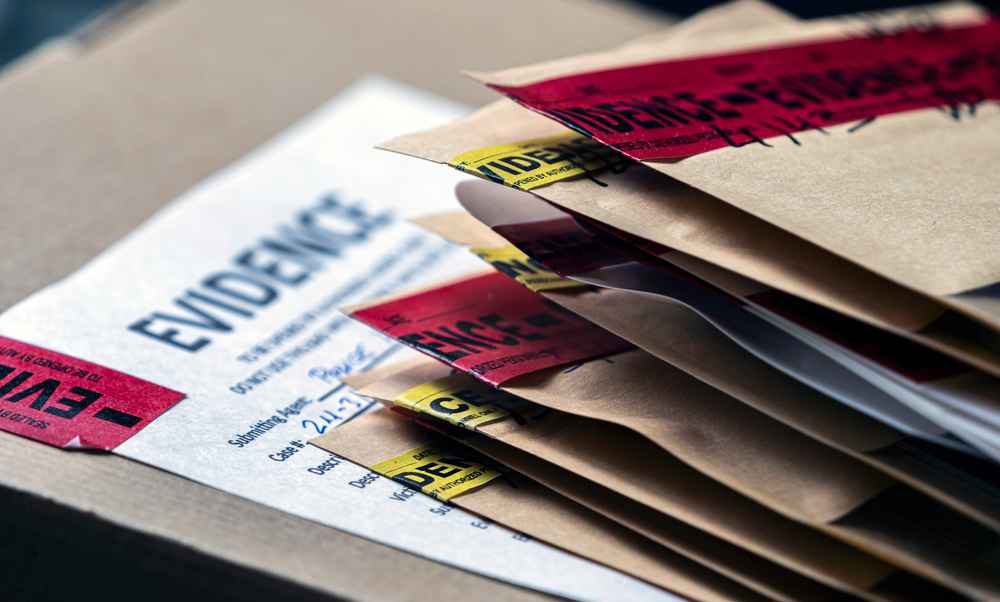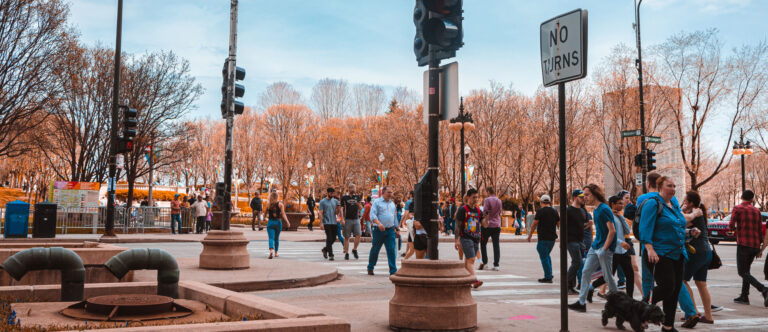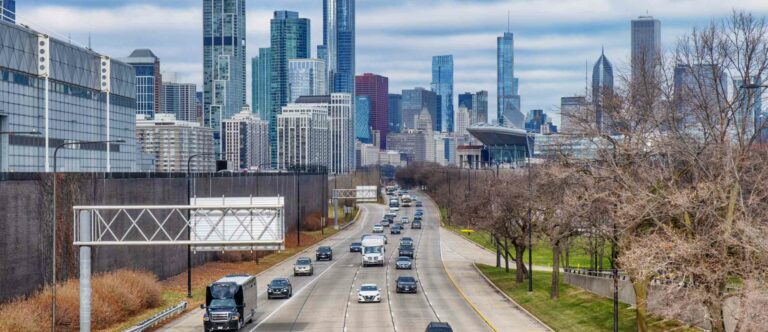A car crash caused by a drunk driver can leave you shaken and confused. In this situation, collecting evidence is one of the most critical steps. The right details can make a big difference.
It can help your lawyer prove what happened and fight for compensation. This guide will show you how to collect evidence after a Chicago drunk driving car accident.
Take Action at the Scene
The moments after a crash are stressful. But if you’re able, start gathering information right away. This helps keep your case strong and protects your legal rights.
Start with the basics. Use your phone to take pictures of everything around you. Get photos of the cars, the street, and any signs of damage. Include skid marks, broken glass, and debris. These details can help show what happened.
Next, look around. See if there are any witnesses nearby. Ask for their names and phone numbers. Even a short statement from a bystander can support what you saw. Their details can fill in gaps or add context to what you experienced.
This matters in drunk driving cases.
Simple steps to follow:
- Take photos of all cars involved, license plates, and damage
- Get wide shots and close-ups of the scene
- Record the weather and road conditions
- Speak to any witnesses and save their contact information
- Write down your memory of what happened while it’s fresh
You may not think clearly after a crash, especially if you’re injured. But small actions at the scene can help later.
Look for Signs of Drunk Driving
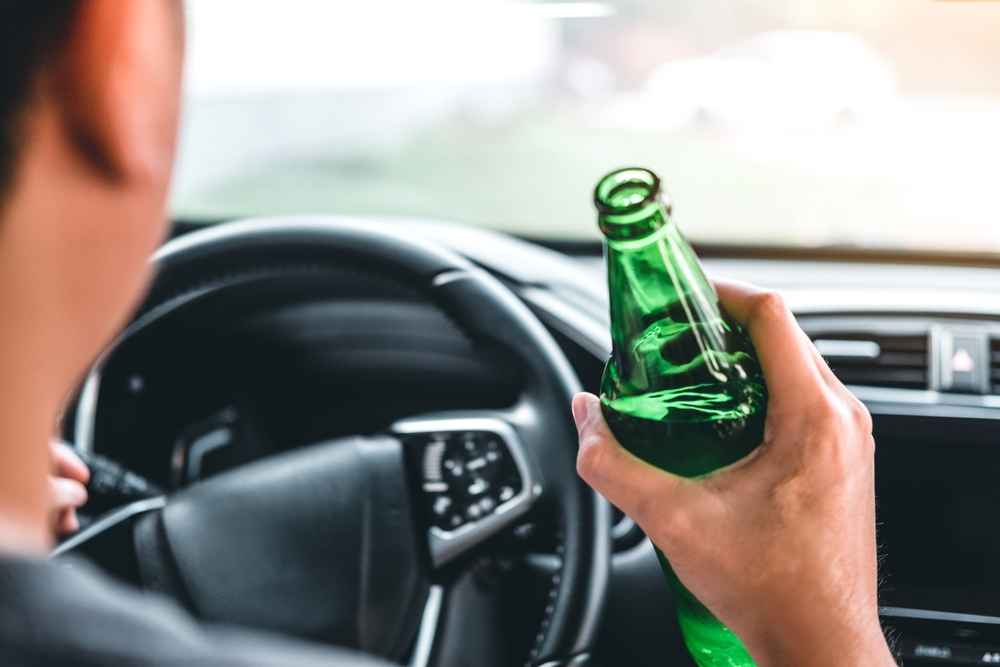
You might suspect the other driver was drunk, but you need proof. Some signs are obvious. Others are subtle. Paying attention helps build your case.
Watch the other driver. Slurred speech, stumbling, red eyes, or the smell of alcohol are signs they may be impaired. Take note of their behavior. Were they aggressive or trying to flee? Did they admit to drinking?
You don’t have to confront the driver. Stay calm and safe. But let the police know what you saw. Officers are trained to test for alcohol. They can request a breath test or a field sobriety test.
Three Key Types of Evidence:
Driver behavior
- Slurred or slow speech
- Bloodshot eyes or smell of alcohol
- Trouble walking or standing
Statements
- Apologies or blaming alcohol
- Mention of being at a bar or party
- Refusal to answer police questions
Actions
- Trying to leave the scene
- Hiding containers or switching seats
- Acting confused or combative
This information adds to your evidence. It helps prove that alcohol may have played a part in the crash.
File a Police Report
Always call the police after a suspected drunk driving crash. A police report is one of the most helpful pieces of evidence you can have.
The officer will write down their observations, interview both drivers, and collect witness statements. If the officer suspects the other driver is drunk, they may conduct a field sobriety test.
In some cases, they’ll arrest the driver at the scene. When speaking with police:
- Be honest and clear
- Explain what you saw
- Share any signs of intoxication you noticed
- Give them the names of any witnesses
- Ask how to get a copy of the police report
Why the police report matters:
- It’s an official record from a third party
- It often includes key facts and diagrams
- It may contain the results of any sobriety tests
- It shows whether the other driver was ticketed or arrested
Make sure to request a copy. Your attorney will use it when building your case.
Get Medical Help and Keep Records
Even if you feel okay, see a doctor as soon as possible. Some injuries take hours or days to appear. A medical visit also creates a record of your condition after the crash.
What to collect from doctors and hospitals:
- Emergency room records
- Follow-up appointment summaries
- X-rays, scans, and lab results
- Doctor’s notes and treatment plans
- Bills and payment records
Also, keep a personal journal. Write about your pain, missed workdays, and how the injury affects your life. These details may not show up in medical records but are valuable for your case.
Your medical records connect your injuries to the accident. Without them, it’s harder to prove the drunk driver caused your pain.
Collect Digital Evidence
Digital records play a big part in legal cases. After a drunk driving crash, there are many types of electronic proof that can help.
If you called 911, save the call record. Keep all texts, photos, or notes you made at the scene. If you have a dashcam or home security footage, save a copy right away.
If the crash happened near a business or home with a camera, that footage might show the crash or the driver’s behavior. Act fast. Most systems erase videos within a few days.
Look for these sources of digital proof:
- Your phone:
- Photos and videos from the scene
- Text messages or voice memos about what happened
- 911 call logs
- Dashcams:
- Your own dashcam footage
- Footage from rideshare vehicles or trucks nearby
- Outside sources:
- Store or bar security cameras
- Traffic cameras at intersections
- Footage from homes near the crash
These files can show things that people forget or overlook. Your lawyer may help request or preserve video from third-party sources.
Watch Social Media
After a crash, avoid posting details on your own accounts. But keep an eye on the other driver’s social media. Sometimes, people post things that hurt their case.
A drunk driver may post about partying, drinking, or the crash itself.
Screenshots of those posts could help show their state of mind. Share anything you find with your lawyer. Don’t engage with the other driver online.
What to look for:
- Photos or videos from the night of the crash
- Comments or jokes about drinking and driving
- Posts made shortly before or after the accident
- Deleted posts that may still show up in replies or tags
Save everything you can. Even if the post seems small, it may be useful later. Your attorney can decide what’s worth using.
Avoid Common Mistakes
Collecting evidence takes time and care. Some people hurt their own case without meaning to. Knowing what not to do can help you stay on track.
Mistakes to avoid:
- Leaving the scene without calling police
- Failing to get medical care quickly
- Posting about the crash online
- Fixing your car before it’s inspected
- Throwing away damaged items
- Trusting the drunk driver’s apology or story
Also, do not talk to the other driver’s insurance company alone. They may try to downplay the facts or twist your words. Let your lawyer handle those calls.
Even small mistakes can make it harder to prove your case. Stay careful and think ahead.
Talk to a Lawyer Early
A good lawyer can guide you from the start. You don’t have to collect every piece of evidence alone. Your attorney may be able to get things you can’t, such as:
- Surveillance footage from businesses
- Phone records and driving history
- Police body camera video
- Blood alcohol test results
The sooner you call, the better your chance of preserving key facts. Delays can mean lost witnesses, erased video, or missing documents.
When choosing a lawyer, look for someone with experience in car accident cases and drunk driving claims. Make sure they will listen to your concerns and explain your options.
Legal support can:
- Help gather hard-to-get evidence
- Deal with insurance adjusters
- Estimate the value of your case
- Prepare your case for trial, if needed
You don’t need to do this alone. Legal support makes the process easier and more effective.
What if the Drunk Driver Isn’t Arrested Right Away?
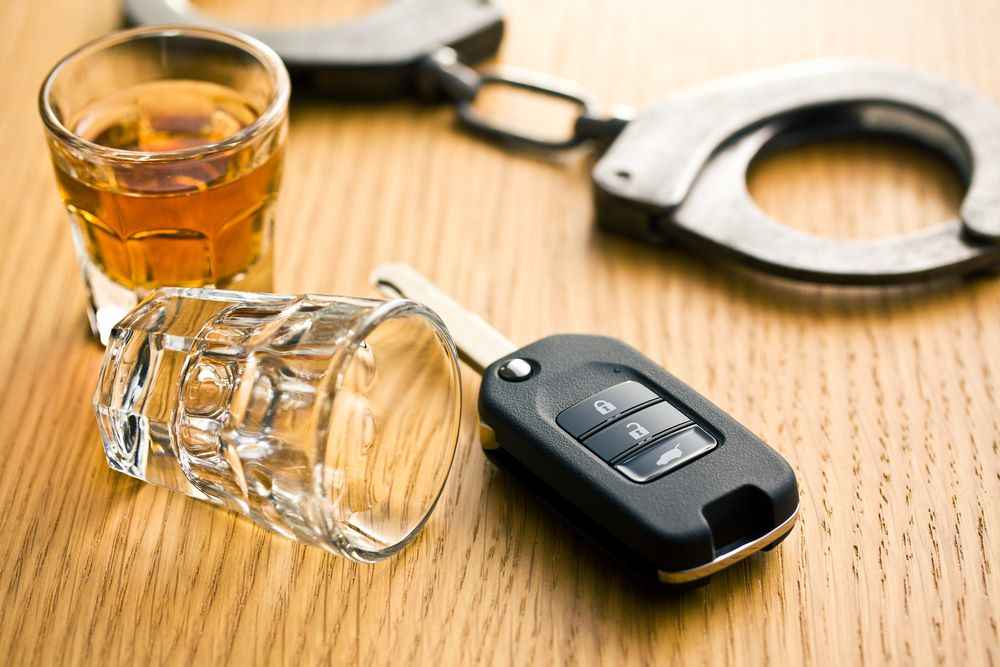
Not every drunk driving case ends with an arrest at the scene. Sometimes, the police don’t have enough cause to make an arrest right away. They may wait for lab results from a blood test.
They may need more time to review footage, talk to witnesses, or examine the crash report. This delay can make victims feel uncertain. You may wonder if you still have a case if the driver wasn’t taken into custody.
The answer is yes. Drunk driving cases often rely on more than one piece of proof. Even without an arrest, you can still show that the other driver acted recklessly. Your photos, your injuries, and your memory of the crash all help. So does the police report, even if it doesn’t list charges yet.
Here are three key points to remember:
- Charges can take time
The state may file DUI charges days or weeks later. A delayed arrest doesn’t mean the driver was sober. - Evidence builds over time
Breath or blood tests may come back after the crash. The full report may include test results later. - You can still seek compensation
Personal injury claims don’t depend on a criminal conviction. Civil and criminal cases are separate.
Waiting for charges shouldn’t delay your effort to collect evidence. You can start your case right away.
Can Bar Receipts or Server Statements Help Your Case?
If the driver came from a bar, restaurant, or party, you might think that part doesn’t matter. But it can. Where and how the driver consumed alcohol before the crash may affect your case, especially if they were served too much by someone who should have stopped them.
In some situations, the place that served the alcohol may also be responsible. Illinois has a law that allows injured people to bring a claim against a business that served alcohol to someone who caused a crash.
This is known as a dram shop claim. It’s separate from the drunk driving case and focuses on whether the bar or restaurant overserved someone who was clearly intoxicated.
You may not know how to prove where the driver drank. That’s okay. Your lawyer can help collect this information.
Three ways this evidence may appear:
- Bar tabs or receipts
A receipt may show how many drinks were purchased and when. A long tab close to the time of the crash may suggest heavy drinking right before the accident. - Surveillance footage
Video inside the bar could show the driver stumbling, slurring words, or continuing to get drinks while visibly impaired. - Statements from staff
A bartender or server may admit the driver had “one too many”. Or a witness may recall the staff ignoring warning signs. Write it down if you overheard the driver mention where they came from or saw them leave a parking lot.
Small details like the name of a bar or the time they left can help track down where they were and who served them.
Call Walner Law for Help
A drunk driving crash can change your life in seconds. You deserve justice and support. The team at Walner Law has helped injured people in Chicago for over 75 years. They know how to build strong cases and fight for what you deserve.
If you were hurt by a drunk driver, don’t wait. Call Walner Law at (312) 410-8496 for a free consultation. You pay nothing unless they win your case. Get help today.


 Skip to content
Skip to content

